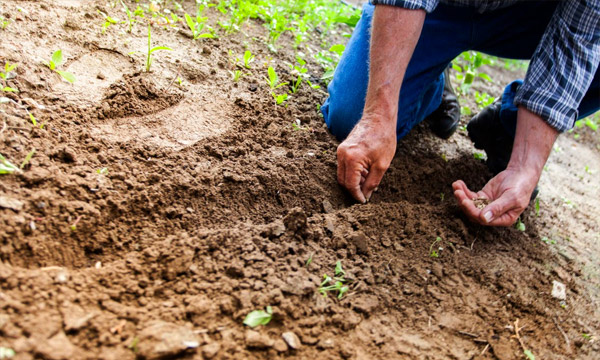Resource recovery from wastes: production of safe and sustainable fertiliser from human, agricultural and food waste streams

Supervisors
- Professor Kirk Semple (LEC)
- Professor Alastair Martin (Engineering)
- Professor Lawrence Ezemonye (University of Benin, Nigeria)
- Dr Francis Boateng Agyenim (Council for Scientific and Industrial Research, Ghana)
Description
The overall aim of the project will focus broadly on resource recovery from organic wastes, including human, agricultural and food waste streams. Through anaerobic digestion (AD) of these waste streams, energy can be produced in the form of biogas. AD also biochemically stabilizes these organic residues forming digestate, which can be viewed as a resource rather than a waste. The digestate contains nutrients (C, N and P) which could be used as a soil conditioner and/or safe, cheap and sustainable fertiliser to promote agricultural production. The objectives of this project are:
- To identify and optimise the co-digestion of waste streams as AD feedstocks (human faecal, agricultural and food).
- To consider approaches to reduce pathogenic microorganisms to an acceptable number in the digestate produced, by manipulating the AD process and/or by treating it (post AD processing)
- To characterise the impact of digestate application on soil fertility, crop productivity and some eco-systems services.
These objectives contribute to RECIRCULATE project’s main objectives/challenges by (potentially) reducing diffuse pollution sources derived from inefficient waste management; producing energy while reducing detrimental effects on human health; and improving water/nutrients use in the soil-plant systems. This will be an iterative process: it is important that this project does not sit in isolation from related investigations in Nigeria and Ghana, or indeed, those linked activities with Lancaster researchers.
This PhD project will give the successful candidate the opportunity to carry out interdisciplinary research at the interfaces between agriculture, engineering and health, on a problem of immediate significance to communities in developing countries. There will be opportunities to study in these communities and with the academic partners in Ghana, Nigeria and the United Kingdom.
The project has now recruited.
